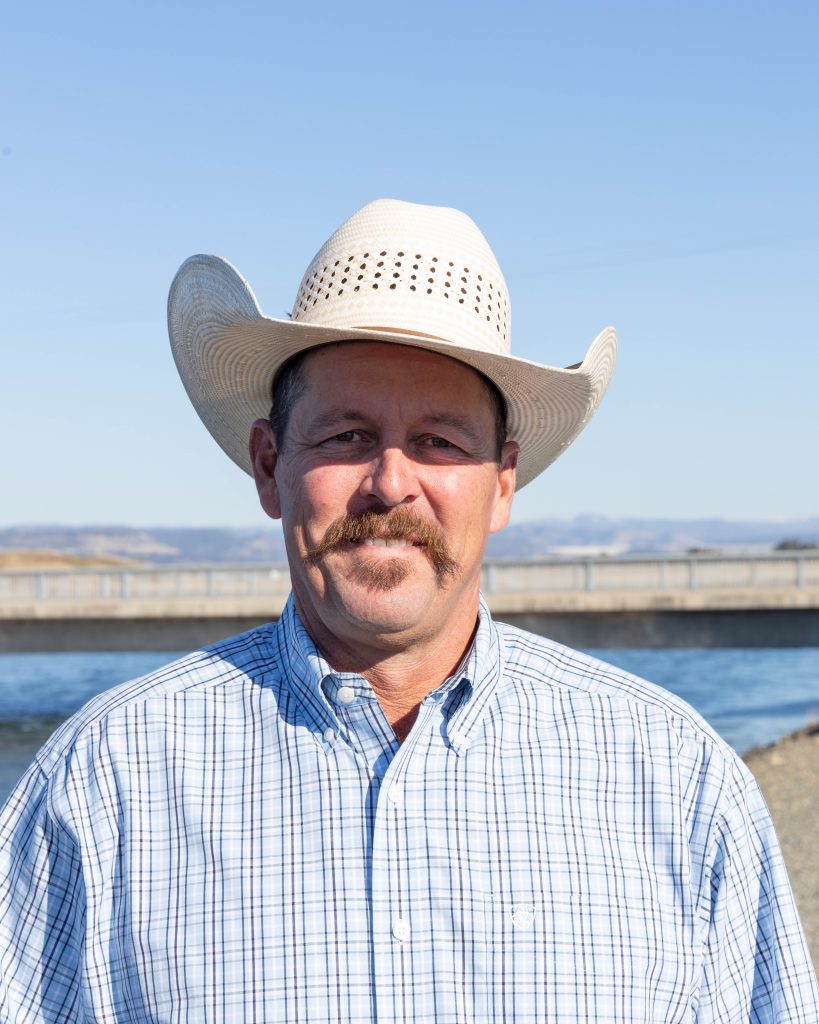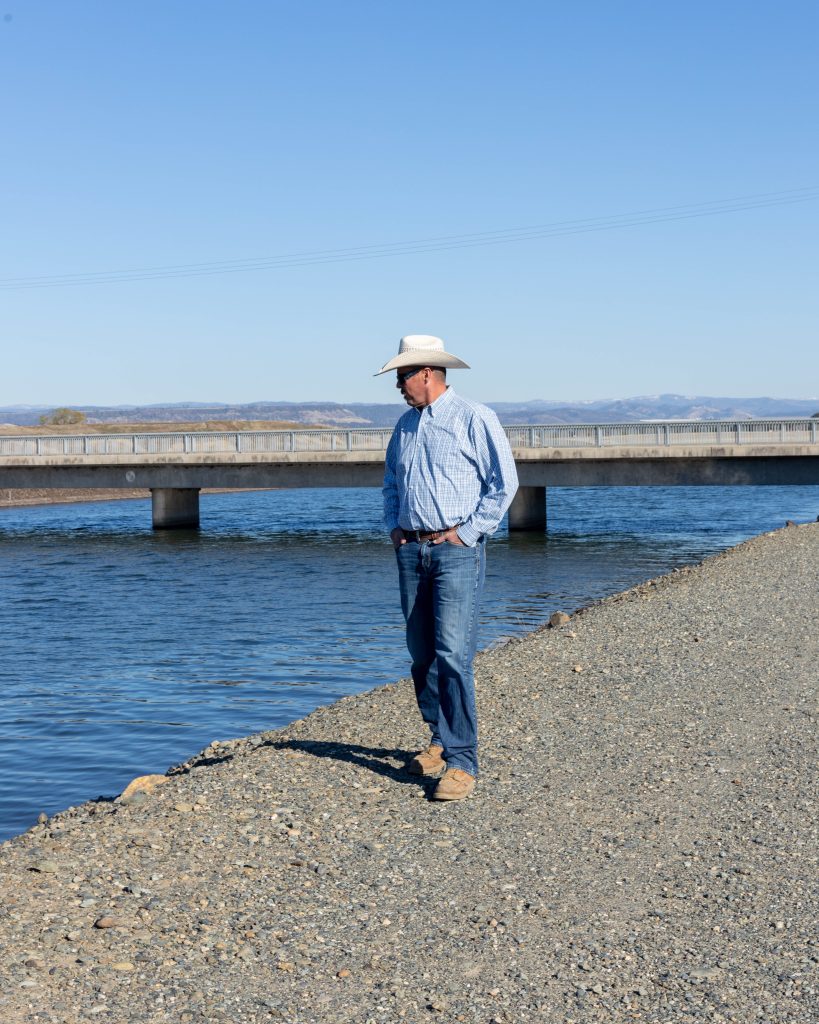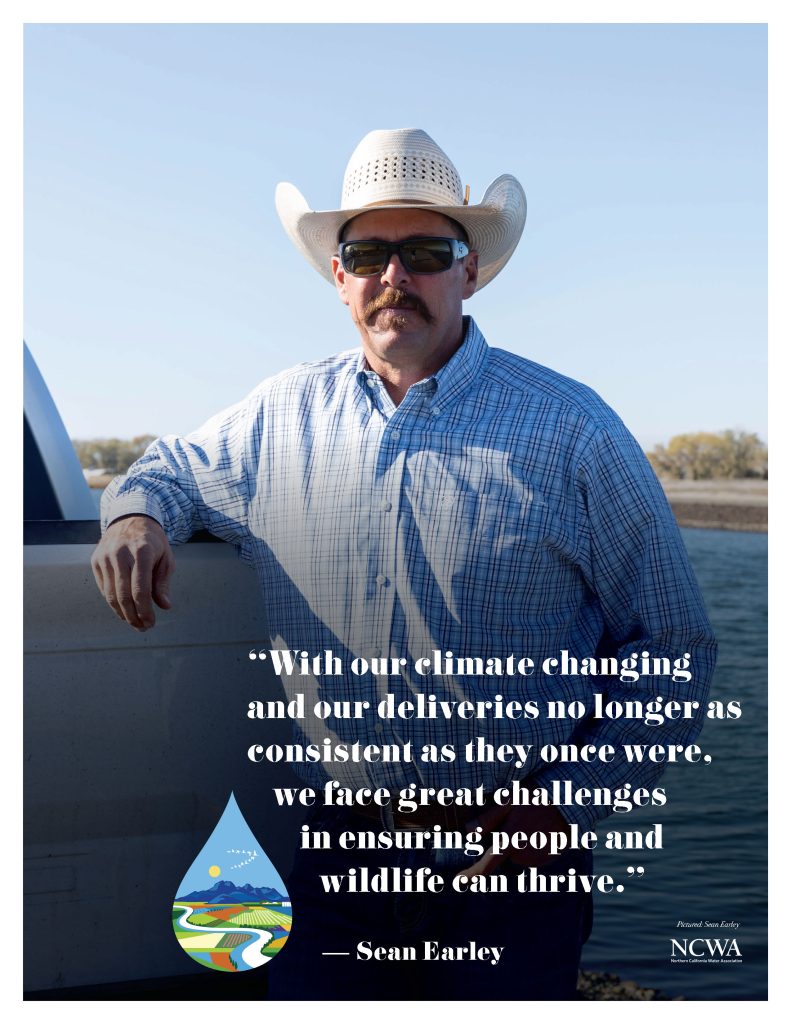
The sight of cigarette smoke spiraling upward toward the porch ceiling is an image Sean Earley will never forget. In the scene, his grandfather is leaning back on the wood bench resigned to his sweat-drenched plaid shirt and dirt-caked boots, all in an effort to locate a moment of peace before the sun falls below the horizon.
Even as a teenager, Sean knew there weren’t enough Marlboro Reds to settle his grandfather’s anxiety of making ends meet. As a farmer tending to several hundred acres in the belly of the Central Valley those meditative sessions did little to reduce his grandfather’s fears and typically led to sleepless nights for more than 50 years.
Somehow, these daily rituals did not dissuade Sean from pursuing a career in agriculture. As a high school graduate, Sean was working part time for his family laying irrigation lines. A firefighter friend of Sean’s offered a way to make more a little money while still helping out on the farm – “fight fires,” he said. Sean signed up as a volunteer firefighter in Merced and was soon working as a seasonal firefighter/EMT for Cal Fire.
While “dealing with a wildfire” or “putting out fires at work” is often a metaphor in business for issues that arise out of nowhere, Sean was actually putting out major wildland fires. It was then that he began to realize his skill to think through complex problems before him.
Though, sometimes he needed a bit of jolt.
“When I got to Chico State, a professor named Dave Daley saw that I was just sort of floundering. Had no real direction. He offered me a job that was 30 miles away, did not pay and I had to wake up at 5:00am on Saturdays.”
The “job” was that of a ranch hand on a working cattle operation and he quickly fell in love with it. Soon enough, he was in charge of a “couple hundred head of cattle” and then began working with the university in helping to better understand DNA and fingerprinting of cattle.
His role at Chico State would mean managing complex budget and navigating through various funding streams. Something the Butte County Fair needed when it fell on hard times.
His reputation of a “fixer” quickly spread throughout the north state and Richvale Irrigation District came calling.
The District may hold some of the oldest water rights in the state of California, but Sean has help lead a strong effort to make the most of every drop. The district does not pump groundwater to fulfill delivery orders, so it relies on what water comes from the Feather River. Which is why metering every landowner was critical to ensure they could maximize savings in dry years.
“With the same amount of water delivered during dry years, we are now able to farm about 15% more acres than in the past because of water- saving measures.”

Sean says the metering and monitoring will only take the district so far in conservation. He believes more storage will be needed if the district is to continue to provide water not only for crops like rice, but for wildlife habitat in the winter as well.
“With our climate changing and our deliveries no longer as consistent as they once were, we face great challenges in ensuring people and wildlife can thrive in the valley.”
He may no longer be staring down a wall of flames or a floundering county fair, but the water issue has become even more daunting.
For Sean Earley there hasn’t been a problem he has been unwilling to tackle, and it is this type of attitude that will ultimately help us find a solution to ensure a balance we all are seeking.
Listen to podcast below.
Click below for more details.





